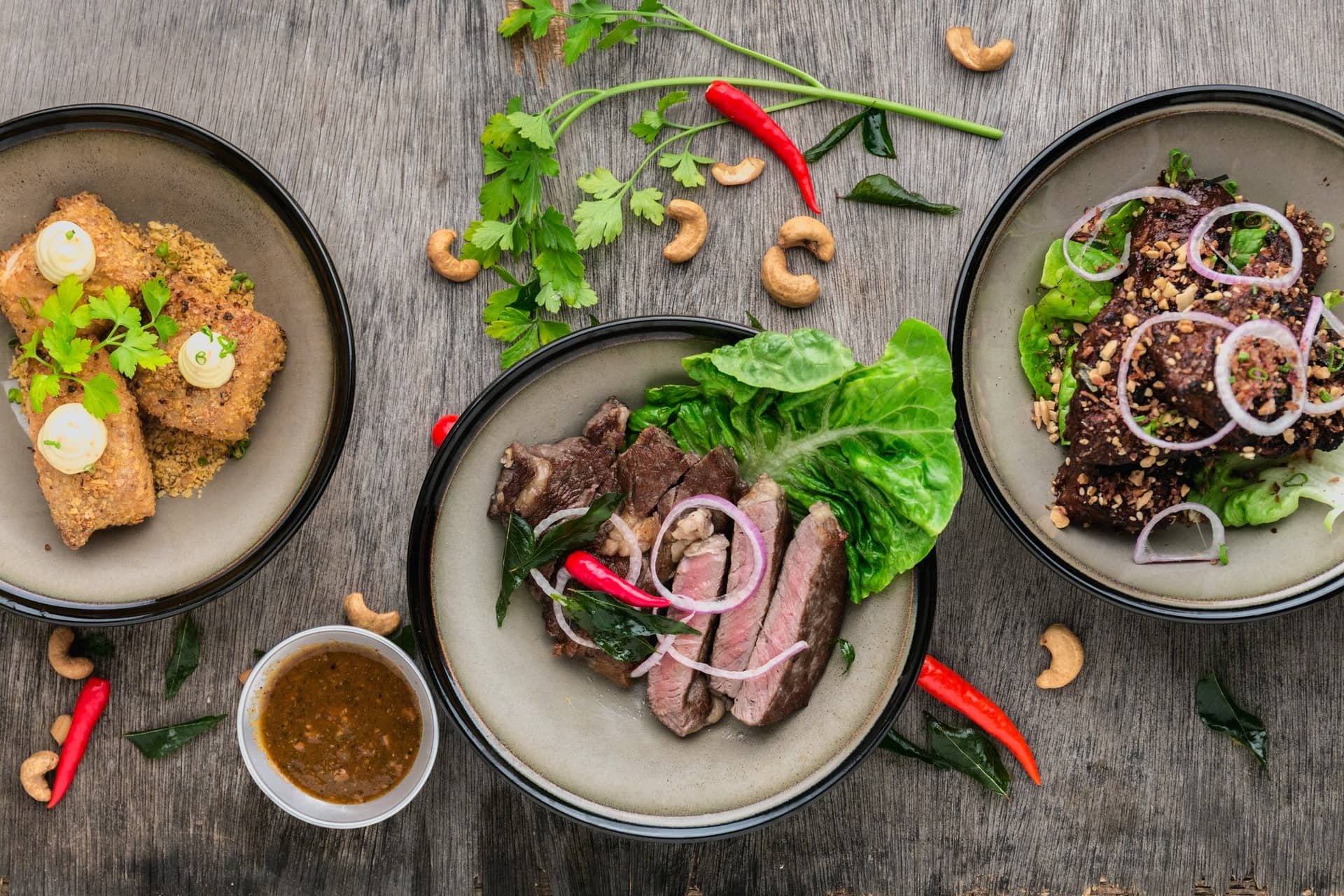
A high-protein diet is considered one of the best ways to achieve a slim figure. How does it work? Why an increased supply of protein helps to lose extra pounds?
A high-protein diet consists of consuming much more protein than normal, in almost every meal, while limiting products containing sugars and fats. This ensures that fat is used as an energy source and reduced.
Synonymous with a high-protein diet is the famous Dukan diet, or protein diet. It involves almost complete cessation of eating non-protein foods. It is quite drastic, so it is better to use it under the supervision of a dietician and not for a long period of time.
Eating enough protein helps maintain muscle mass and promotes muscle growth and strength, which is why athletes often use it. Maintaining a high protein intake can also help prevent muscle loss during weight loss. It is especially recommended for people who have already used various diets but without success. It is a good idea to consult a nutritionist before embarking on it to see if it will be harmful to you.
High-protein diet can have many variants, they differ especially in the degree of radical approach to the consumption of products containing, for example, carbohydrates or fats. What they have in common is the intake of high protein content. Examples of products included in a high protein diet include chicken, turkey, fish, lean cheese, eggs or kefir.

A high-protein diet has significant benefits for weight loss, it has a positive effect on metabolism, supports basic hormonal functions, reduces the risk of catabolism. It also lowers blood pressure. High-protein products are filling, everyone has them in their diet. Importantly, a person on such a diet does not feel hungry and does not snack.
All the disadvantages (as well as advantages) depend on the chosen variant of a high-protein diet, the period of its use and how strict it will be. As a result, various health problems can arise. Only moderately applied diet, with a head, does not lead to unnecessary risks.
The most common negative effects include vitamin and mineral deficiency and constipation (due to fiber deficiency), as well as fatigue, lack of energy. Too much protein in the diet can adversely affect the function of some internal organs such as the liver, kidneys. In extreme cases, it can lead to the formation of cancer cells and increase the risk of osteoporosis.
Such a menu should be prepared for us by a nutritionist, so that the caloric requirements are adapted to our needs. He should also offer us appropriate recipes that we could use on a daily basis. Below is a sample menu for a moderate high protein diet.
Breakfast: two slices of whole grain bread with lean ham and a slice of tomato.
Second breakfast: kefir.
Lunch: steamed chicken breast with boiled cauliflower and peas.
Afternoon snack: low-fat cottage cheese with cucumber.
Dinner: omelette with ham and vegetables of your choice.
A high-protein diet involves replacing some carbohydrates and fats with protein. It has its advantages and disadvantages. However, any diet should be used in moderation and preferably under the supervision of a nutritionist.
Photo Lily Banse/Unsplash